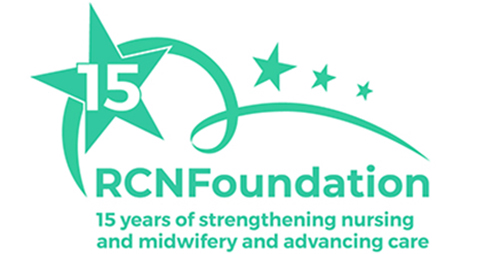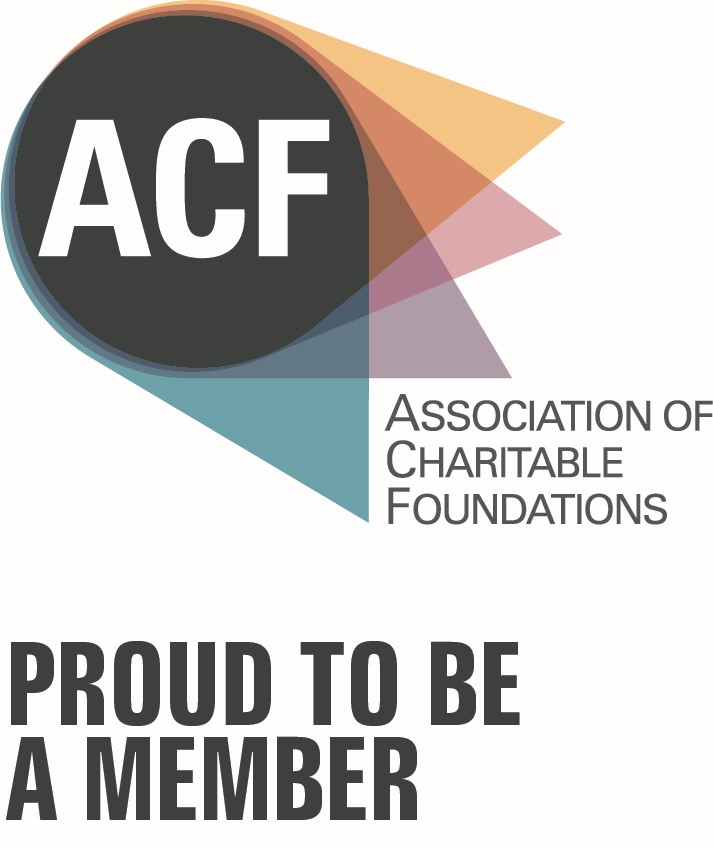“Compassion is the most important intervention we have available to us in healthcare.”
Leading with Compassion in a Ruthless World: Good Luck with That!
On 22 September, we held our Annual Lecture, chaired by Professor Dame Jane Cummings CBE RN, Chair of the RCN Foundation Board of Trustees, and with keynote speaker Professor Michael West CBE.
The focus of this year’s lecture was on Compassionate Leadership within nursing and midwifery, exploring arguably one of the most urgent and complex challenges facing the health and care workforce: how do we lead with compassion in environments that often feel anything but?
Michael’s presentation explored the notion of Compassionate Leadership, what we understand this to be mean and how compassion is about blurring the lines between self and other. Crucially, it’s important to understand that compassion is not just what we show to others, but what we can show to ourselves.
Michael advised that “compassion is a core value of those that work in nursing and we’re continuing to recognise how fundamentally important that is.” But how do we create the conditions within our healthcare organisations where staff will be even more compassionate to patients, to each other and to themselves? Michael stated that the answer is about culture, but how do we shape culture?
Research is clear that the role of leaders is particularly powerful and if we want to create even more compassionate cultures, leaders must embody compassion in their leadership. This means leaders that have the courage to be present with those they lead, to empathise and understand what it’s like to be a nurse and appreciate the challenges that they face and ultimately having the courage to help them do their jobs more effectively by removing obstacles and ensure they have the right resources to their job effectively.
“Compassionate Leadership is not a soft approach to leadership; on the contrary it requires courage and authenticity rather than command and control. What we’re doing in terms of leadership is fundamentally wrong and it doesn’t need to be this way –compassion is not a new model of leadership.”
The presentation was followed by reflections and a Q&A with our panel and audience.
The panel was made up of distinguished guests including:
- Professor Kevin Fong OBE, consultant anaesthetist at UCLH, professor of public engagement and innovation in the Department of Science, Technology, Education and Public Policy (STEaPP) at University College London, and Chief Medical Officer at UCLPartners
- Karen Bonner MBE, Regional Chief Nurse for London
- Professor Charlotte McArdle, former Deputy Chief Nursing Officer for patient safety, improvement and sustainability at NHS England
- Adedayo Lawal, newly qualified Mental Health Nurse
- Jenita Loheswaran, newly qualified Staff Nurse
What is it that is stopping us from being able to deliver Compassionate Leadership?
Jane posed this question to the panel, in which Karen responded “There are some misconceptions that Compassionate Leadership is soft – that’s not true. It’s about how you are really able to lead with courage and tackle things that are difficult but do it with kindness and compassion. As nurses we care so much for others, but the one thing we can control is how we treat each other and how we can show up for ourselves.”
Charlotte added “There is a gap between policy and practise. We have people who really want to implement Compassionate Leadership, but the policy doesn’t support them, and the organisational culture definitely doesn’t support them to.”
Kevin advised that “Two thirds of the money spent on health and social care is spent on staff and we pay almost no attention to them – they’re the most important, adaptable and agile component. For me, the wellbeing of our workforce must be a central strategic priority.”
Adedayo, speaking from his own experience as a newly qualified nurse said, “I work in mental health and there is a lot of burnout, but being here and hearing the ideas, experience and evidence that this has worked in other places gives hope.”
This was reinforced by newly qualified nurse Jenita “If we show ourselves a little more self-compassion, we can go a really long way.”
Finally, as pointed out by Charlotte, “nurses make up 2% of the population in England - that’s a huge voice. There is a huge opportunity if we speak with one voice, but this requires courage.”
Couldn’t make it?
If you were unable to attend the event, you can watch the recording below.






